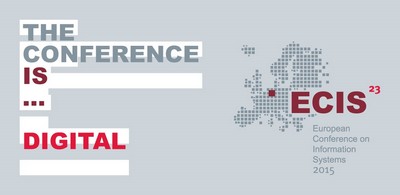DOI
10.18151/7217385
Abstract
The major aim of this paper is to create awareness of the demand for computer-assisted audit solutions within the European research community. The cause of this demand is twofold; on the one hand, regulatory pressure is increasing through both the reform of the audit sector in the European Union regarding mandatory audit firm rotation and tightened independence requirements. On the other hand, the speed and volume of data processing requires fast and qualitative audit results. These circumstances lead to the need to shift audit processes from traditional sample selection based on historical data to permanent monitoring and assurance of accounting-relevant processes and data–Continuous Auditing (CA). However, the implementation of CA systems is a recognized challenge for researchers and practitioners. Through the review of relevant literature regarding the issues and barriers of CA projects, sixteen critical success factors (CSFs) of CA were explored. These CSFs were condensed into one framework considering three different levels of business diffusion (strategy, processes, and systems) as well as stakeholders of CA projects (enterprise, project management, audit, and external environment). In terms of the conceptual level of the proposed framework, the authors of this paper chose a fictitious scenario and conducted an informed argument to evaluate the framework.
Recommended Citation
Kiesow, Andreas; Zarvic, Novica; and Thomas, Oliver, "Improving the Success of Continuous Auditing Projects with a Comprehensive Implementation Framework" (2015). ECIS 2015 Completed Research Papers. Paper 99.
ISBN 978-3-00-050284-2
https://aisel.aisnet.org/ecis2015_cr/99


